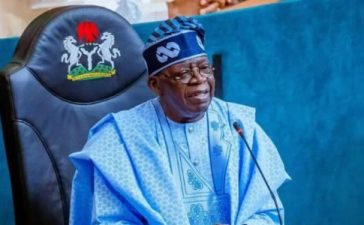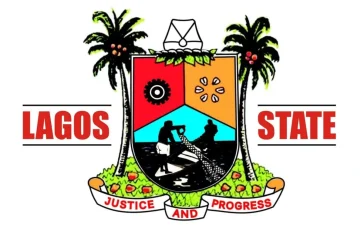The Nigerian Economic Summit Group (NESG) has raised concerns over the recent introduction of a 0.5% cybersecurity levy on electronic transactions by the Central Bank of Nigeria (CBN), citing the current economic hardships faced by Nigerians. In a statement released on Thursday, the group urged the Federal Government to reconsider the implementation of the levy, highlighting the burden of multiple taxes and inflationary pressures already weighing heavily on citizens.

The CBN’s directive, outlined in a circular dated May 6, 2024, mandates all deposit money banks, mobile money operators, and payment service providers to deduct the levy and remit it to the National Cybersecurity Fund (NCF), administered by the Office of the National Security Adviser (ONSA). However, this move has sparked widespread outrage, with labor unions threatening retaliatory actions in response to the additional financial strain on citizens.
Meanwhile, the announcement of the cybersecurity levy has ignited a fierce debate surrounding its necessity and its potential impact on already burdened consumers. While cybersecurity remains a critical concern in the digital age, NESG’s criticism underscores the need for a balanced approach that takes into account the economic realities faced by Nigerian citizens.
“The NESG posits that the levy should be targeted at high-net-worth individuals and a specific amount transferred electronically to allay the fears of the populace, who are still battling skyrocketing food and non-food prices. However, if this policy remains, several Nigerians will boycott electronic funds transfers, which does not even bode well for the government due to revenue loss from electronic transfer levy.
“The NESG, however, feels this is a critical time to implement such a policy. The impacts of the fuel subsidy removal, exchange rate reform, and, most recently, the removal of electricity subsidies still permeate the operating costs of businesses and citizens’ welfare.
“The government must be cautious of the numerous strenuous policies that stiffen the purchasing power and welfare of corporations and individuals. Therefore, the government needs to properly sequence reforms for efficient socioeconomic outcomes, especially those that strain the people.”
NESG emphasized that the timing of the cybersecurity levy is particularly contentious amidst the ongoing cost of living crisis exacerbated by rising inflation rates. Furthermore, the group highlighted the prevalence of financial exclusion and the significant increase in currency circulation as additional factors exacerbating the economic challenges faced by Nigerians.






